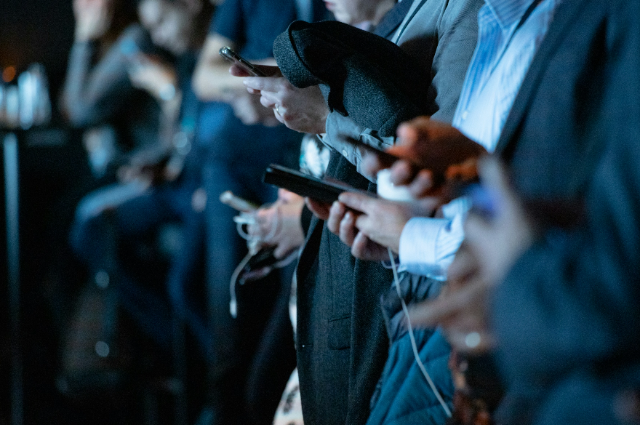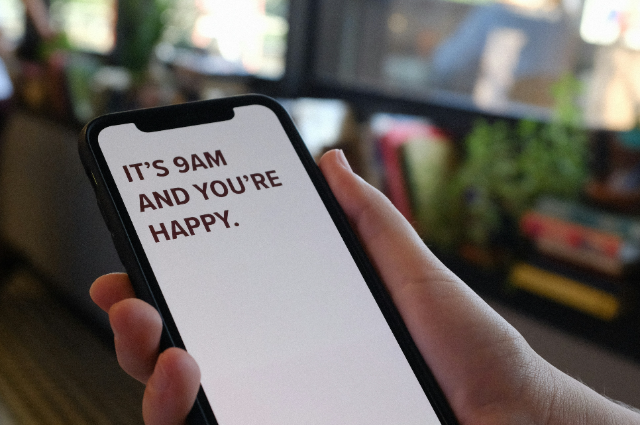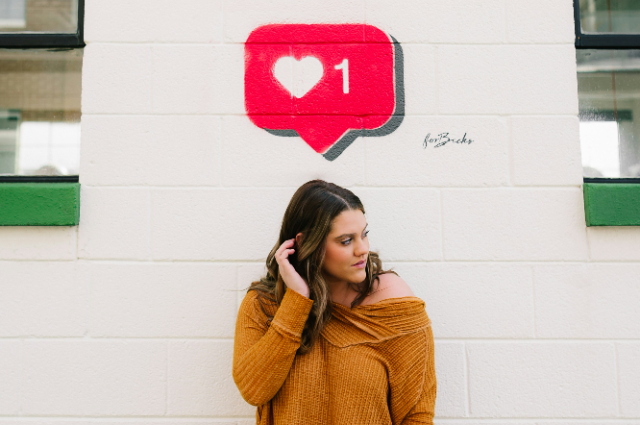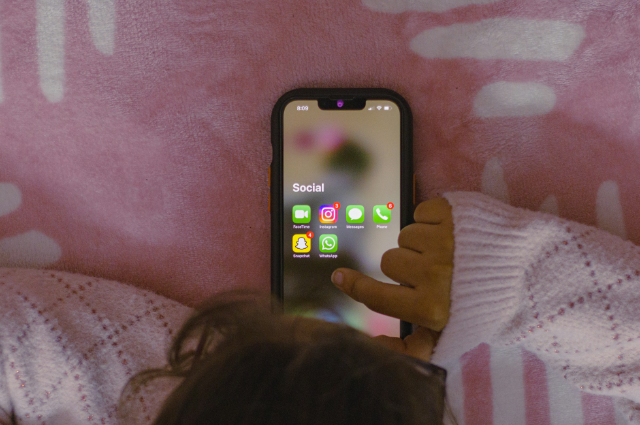
Photo by camilo jimenez on Unsplash
In today's hyper-connected world, social media is an essential part of our daily lives, offering instant access to news, entertainment, and connections with others. But as we scroll through our feeds, have we stopped to consider its effect on our mental health? While social media has the power to bring us closer together, it also comes with hidden dangers that can negatively impact our emotional well-being.
In this article, we'll delve into the positive and negative effects of social media on mental health. From boosting social connections to increasing feelings of anxiety and isolation, we’ll explore how these platforms shape our minds and provide practical tips for navigating them in a healthier way. Let's uncover the emotional impact of social media and how to maintain a balanced approach to its use.
The Positive Side of Social Media: Empowering Connections in the Digital Era
Social media isn't all bad; it also provides valuable opportunities for connection and empowerment.
One of the greatest benefits of social media is its ability to connect individuals across vast distances. It helps people maintain relationships, share important moments, and support one another. Additionally, social media has been a platform for positive mental health advocacy, with campaigns like #EndTheStigma and #MentalHealthMatters creating widespread awareness. Many people find strength in joining communities online that provide emotional support and encouragement, especially for those dealing with mental health challenges. These digital spaces allow individuals to feel less isolated and more empowered, giving them the courage to seek help and share their stories.

Social media can build strong, supportive communities that promote mental health and well-being / Photo by Mindspace Studio on Unsplash
However, while these connections can be empowering, there are also negative effects to consider.
The Dark Side: Social Media’s Role in Heightening Anxiety and Depression
Despite its advantages, social media can also be a major contributor to feelings of anxiety and depression.
While social media platforms provide a space for people to connect, they can also amplify negative emotions. Constant comparison to curated, idealized versions of others' lives can lead to feelings of inadequacy, loneliness, and low self-esteem. Research has shown that prolonged exposure to social media, particularly through the lens of influencers and celebrities, can heighten self-doubt and feelings of missing out (FOMO). These negative emotions can escalate, leading to anxiety and, in some cases, depression. The “like” culture also creates a sense of validation that many users seek, making them dependent on online approval.

The constant comparison and “like” culture on social media can lead to anxiety and depression / Photo by Karsten Winegeart on Unsplash
In addition to these emotional challenges, social media also disrupts other aspects of our well-being, such as sleep.
The Impact on Sleep Patterns: The Silent Disruptor of Restful Nights
Another often overlooked consequence of social media use is its effect on sleep patterns.
Many people find themselves scrolling through their social media feeds late into the night, sacrificing precious hours of sleep. The blue light emitted by screens interferes with the production of melatonin, the hormone responsible for regulating sleep cycles. This disruption can make it difficult for users to fall asleep and stay asleep, leading to a lack of rest. Sleep deprivation has been linked to a range of mental health issues, including increased stress, anxiety, and mood instability. The cycle of late-night scrolling and early-morning wake-ups exacerbates mental fatigue and emotional strain.
While these negative effects are concerning, there are ways to manage social media use for better mental health outcomes.
Strategies for Healthy Social Media Use: Achieving Balance in the Digital World
By adopting mindful practices, we can mitigate the harmful effects of social media on our mental health.
To safeguard our mental well-being in an age where social media is an integral part of daily life, it’s crucial that we use these platforms with intention and moderation. The constant barrage of information, notifications, and comparisons can take a toll on our mental health if we aren’t careful. One of the most effective ways to manage this is by setting clear boundaries around our screen time.
For instance, scheduling “phone-free” periods—particularly in the hours leading up to bedtime—can help combat the temptation of late-night scrolling. Research has shown that exposure to blue light from phones can interfere with our natural sleep cycle, making it harder to fall asleep and affecting the quality of rest. By turning off our devices or leaving them in another room during these designated times, we give ourselves the opportunity to unwind, engage in relaxing activities like reading or meditating, and ultimately improve our sleep quality, which plays a significant role in our overall mental well-being.
In addition to managing screen time, curating the content we consume is equally important. Social media platforms are designed to keep us hooked, often exposing us to idealized versions of others’ lives, unrealistic beauty standards, and constant comparisons. This can easily lead to feelings of inadequacy, low self-esteem, or anxiety. To combat this, it’s essential to be proactive in curating our feeds.
This involves unfollowing accounts that promote negativity, perfectionism, or sensationalized content, and instead, following accounts that align with our values—such as those focused on personal growth, mental health, and positivity. Accounts that promote self-love, creativity, or healthy living can create a more uplifting digital space.
By actively choosing the content we consume, we can make our online environment more supportive, educational, and empowering rather than toxic or draining.

Mindful social media use, like setting boundaries and curating content, can improve mental health / Photo by Sanket Mishra on Unsplash
In the end, it’s about finding the right balance between staying connected and safeguarding our mental health.
Conclusion:
Striking a Healthy Balance Between Online Connection and Emotional Well-being
Social media is undeniably powerful—it allows us to connect, share, and learn in ways we never could have imagined. However, its impact on mental health can’t be ignored. While it fosters positive connections and support, it also has the potential to fuel anxiety, depression, and disrupt sleep patterns.
By adopting mindful social media practices, such as setting boundaries, curating our feeds, and embracing mental health-focused communities, we can ensure that our online experience enhances, rather than harms, our mental well-being. It’s time to take control of how we engage with these platforms, making them work for us in a balanced and healthy way.
